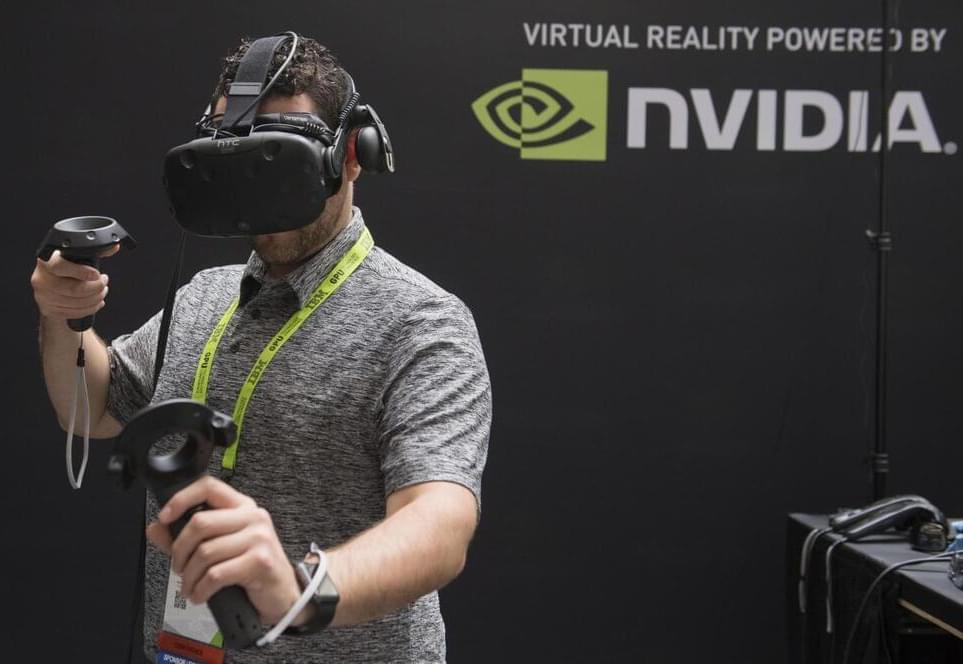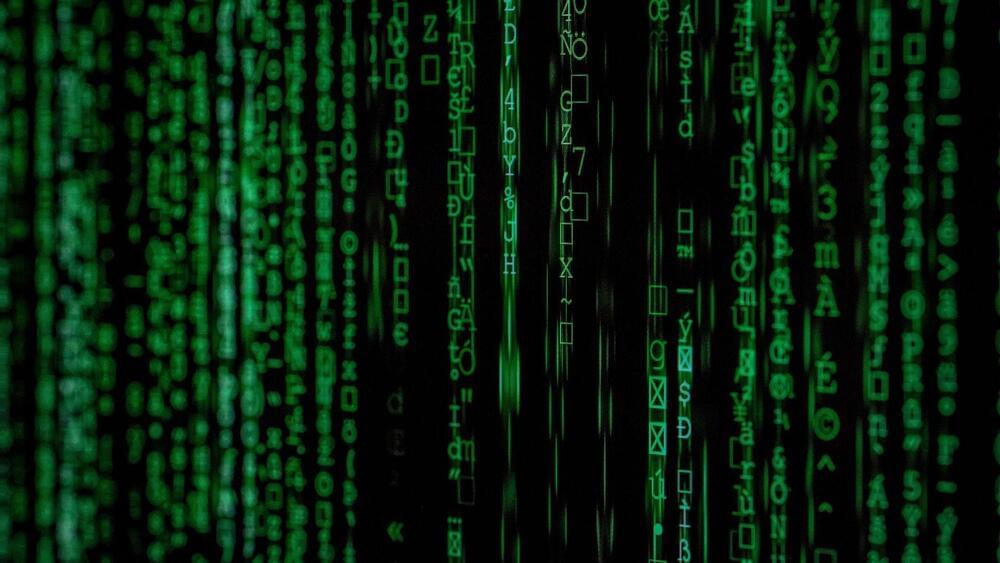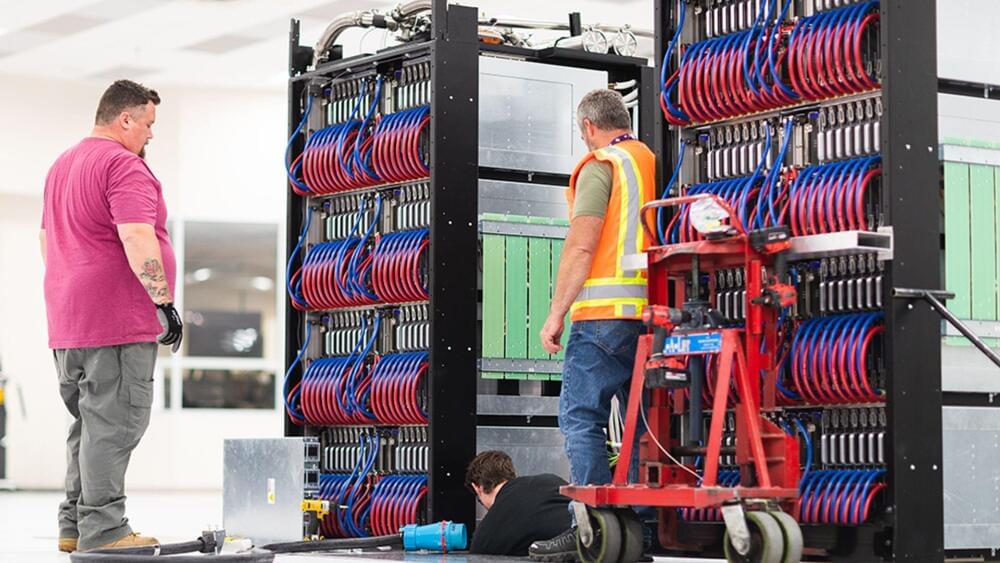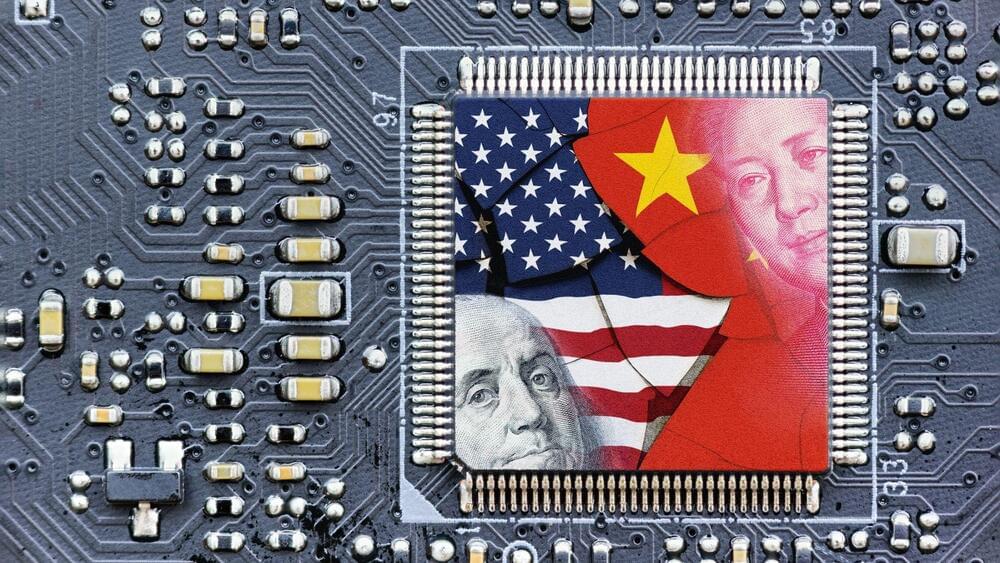Sep 6, 2023
The AI market will be worth $600 billion, Nvidia exec says
Posted by Gemechu Taye in category: robotics/AI
At the Goldman Sachs Communacopia and Tech Conference, tech execs pointed to why AI has rightfully gained so much attention on Wall Street.
Speaking to a standing-room-only crowd at the Goldman Sachs Communacopia and Tech Conference.
According to Das, the total addressable market for AI will consist of $300 billion in chips and systems, $150 billion in generative AI software, and $150 billion in omniverse enterprise software. These figures represent growth over the “long term,” Das said, though he did not specify a target date.
Continue reading “The AI market will be worth $600 billion, Nvidia exec says” »


















